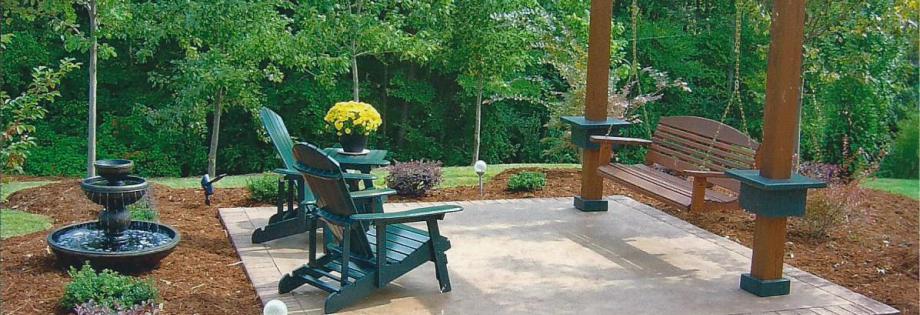
Frequently asked Questions
What benefits can I get by opting to use a concrete driveway instead of an asphalt driveway?
Begin by considering the cost of the driveway over its lifetime. A good quality concrete driveway will last more than 30 years with little or no maintenance. Asphalt driveways need periodic sealing
coats to retard-age related cracking. Even properly constructed residential asphalt driveways will deteriorate more quickly due to environmental influences than due to vehicle traffic. If you
consider the cost of surface and crack sealers and the shorter life-span of the asphalt, concrete will cost much less.
What type of concrete mix should be used?
The concrete should be at least 3500 psi, with 6% air-entrainment. It's also a good idea to use a water-reducing admixture to lower the concrete's water-cement ratio below .45. Most high-performance
concrete will include fly ash and water-reducing admixtures to provide long-term strength gain and initial workability without the addition of water. High-performance concrete mixes can be designed
for easy placement, so your contractor isn't saddled with a hard-to-handle concrete mix.
How thick should my concrete driveway, patio or sidewalk be?
A minimum of 4 inches is recommended. Keep in mind that the 2 x 4's often used to form driveways are only 3 ½ inches wide, so the ground inside the 2 x 4 forming needs to be removed at least ½ inch
below the bottom of the form. Thickness is the major factor (even more than the strength of the concrete) in determining the driveway's structural capacity. Increasing your driveway's thickness from
4 inches to 5 inches will add 20% to your concrete cost, but the additional inch of concrete will add almost 50% to load-carrying capacity of your driveway.
What Type of Finish Should I use?
The three main types used are hard-troweled, broom finish and of course stained or decorate stamped. Trowel finishes are usually used indoors where a smooth, hard and flat surface is required. Broom
finishes are appropriate for exterior slabs such as sidewalks, offering durability and a slip resistant surface. Decorative finishes are also available, including: Patterned, Colored and Exposed
Aggregate.
Should there be joints in concrete?
Install control joints at a spacing of no more than 10' x 10'. Spacing joints at wider intervals invites random cracking. While such cracks are generally not a structural problem, and will not reduce
the service life of the driveway, they are unsightly. Also avoid joint patterns that produce rectangular or triangular sections. Lay out your joints to form square sections. If in doubt, make the
sections smaller, not larger. Ask your contractor to provide a jointing plan as part of his written proposal.
Why should concrete be cured?
Curing of concrete is the final step of the construction process, and one of the most important. Unfortunately, it is also one of the most neglected. In extreme cases, failure to cure concrete can
result in reductions of strength up to 50%. Curing or keeping the surface moist to assure greatest hydration of cement and highest potential strength is easily done through spray membranes or other
readily available products and procedures. Curing compounds should be applied after the final finishing operation to increase the concrete's resistance to the effects of weather, and to decrease the
occurrence of surface defects.
Is it necessary to seal concrete?
Periodically sealing a concrete driveway will protect it from water or chemical absorption. This will make it much easier to clean accidental spills and will also help prevent the occurrence of
surface defects. Always follow manufacturers' recommendations for sealing concrete.



